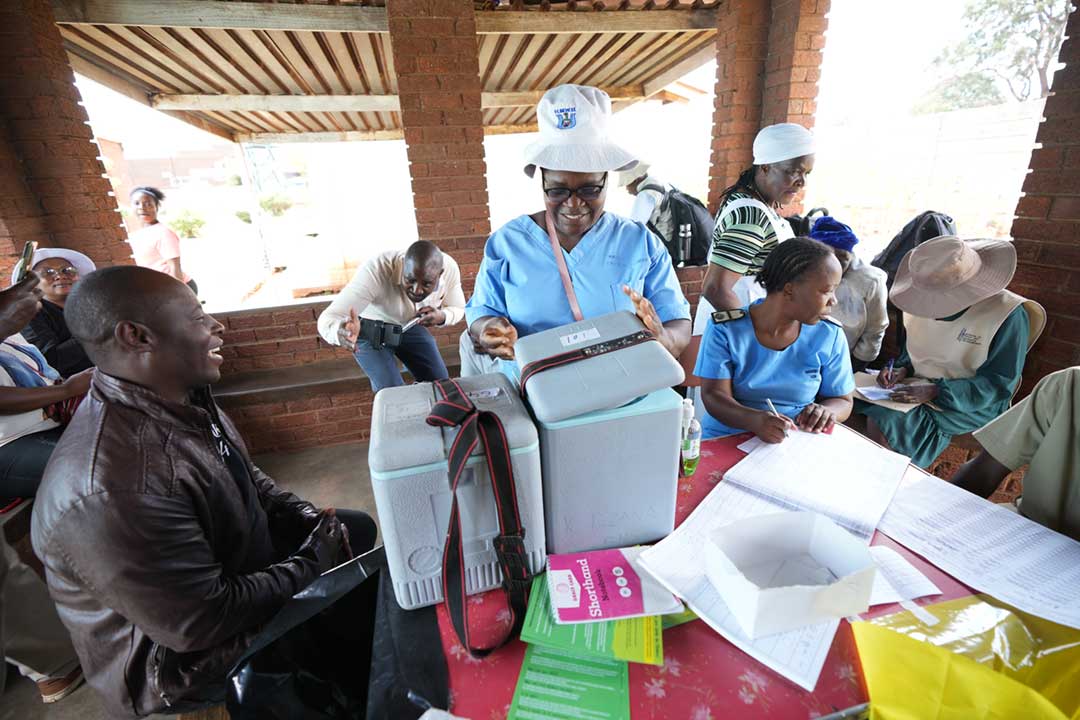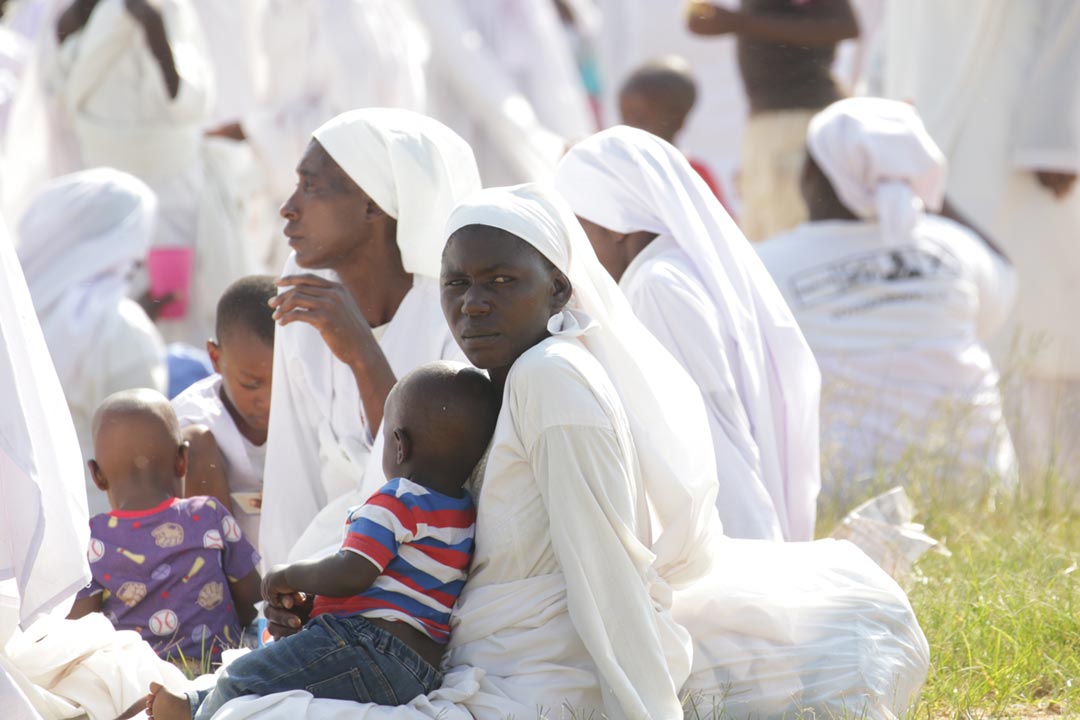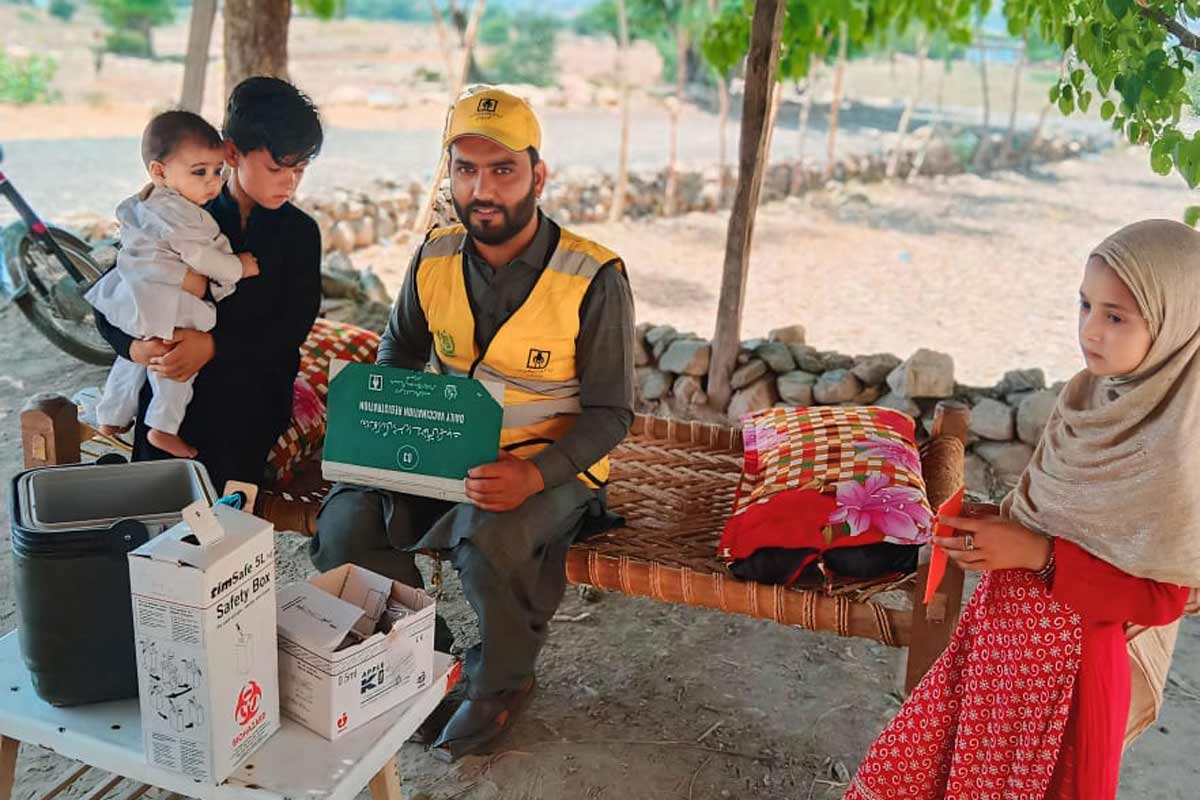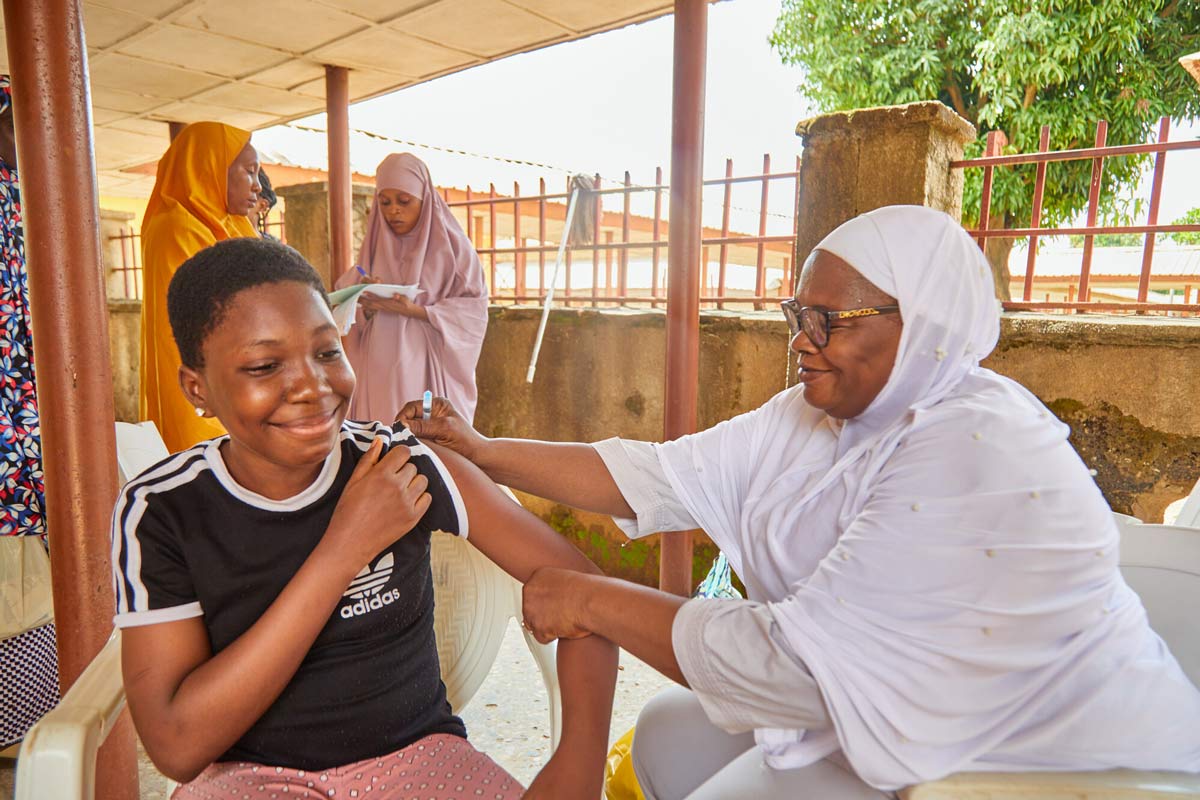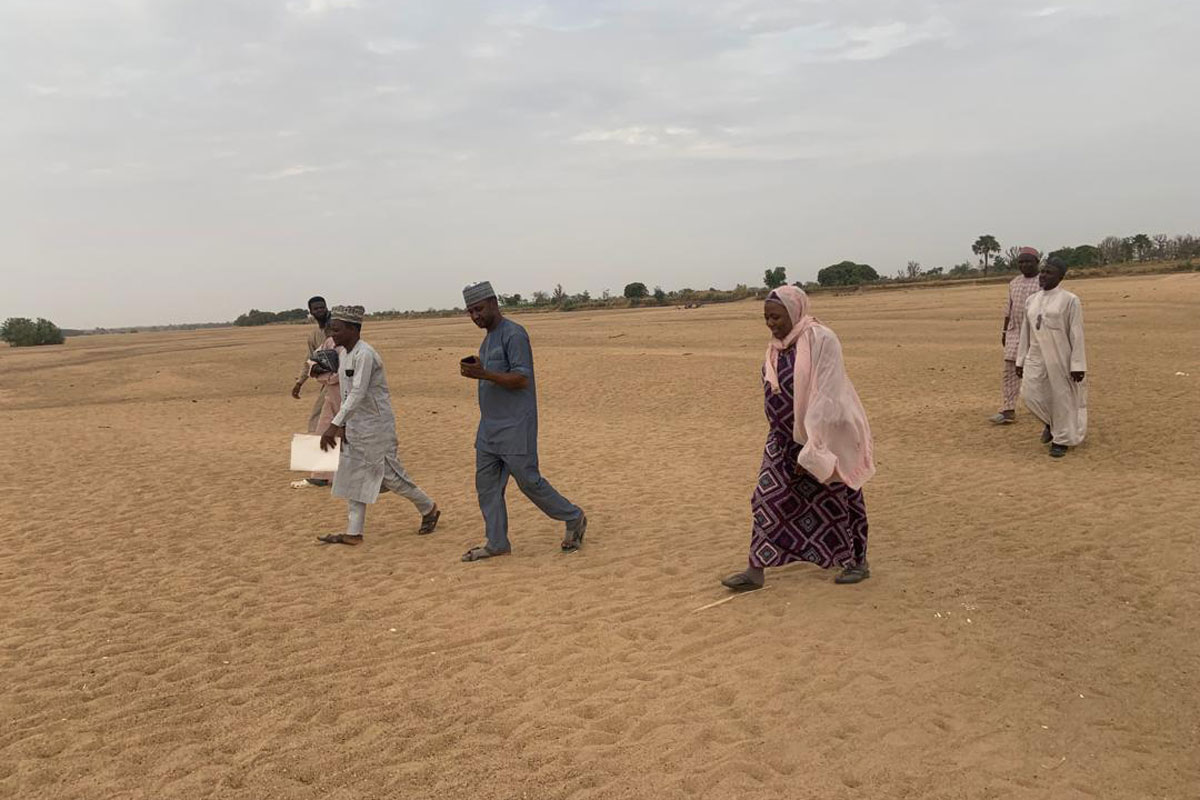New rapid diagnostic tests for cholera a 'game-changer' in Zimbabwe
Zimbabwe’s latest cholera outbreak swelled to more than 20,000 suspected cases, but nurses and health leaders say the new, easy-to-use, rapid screening kits will make the fast-spreading infection easier to manage in future.
- 5 August 2024
- 5 min read
- by Elia Ntali
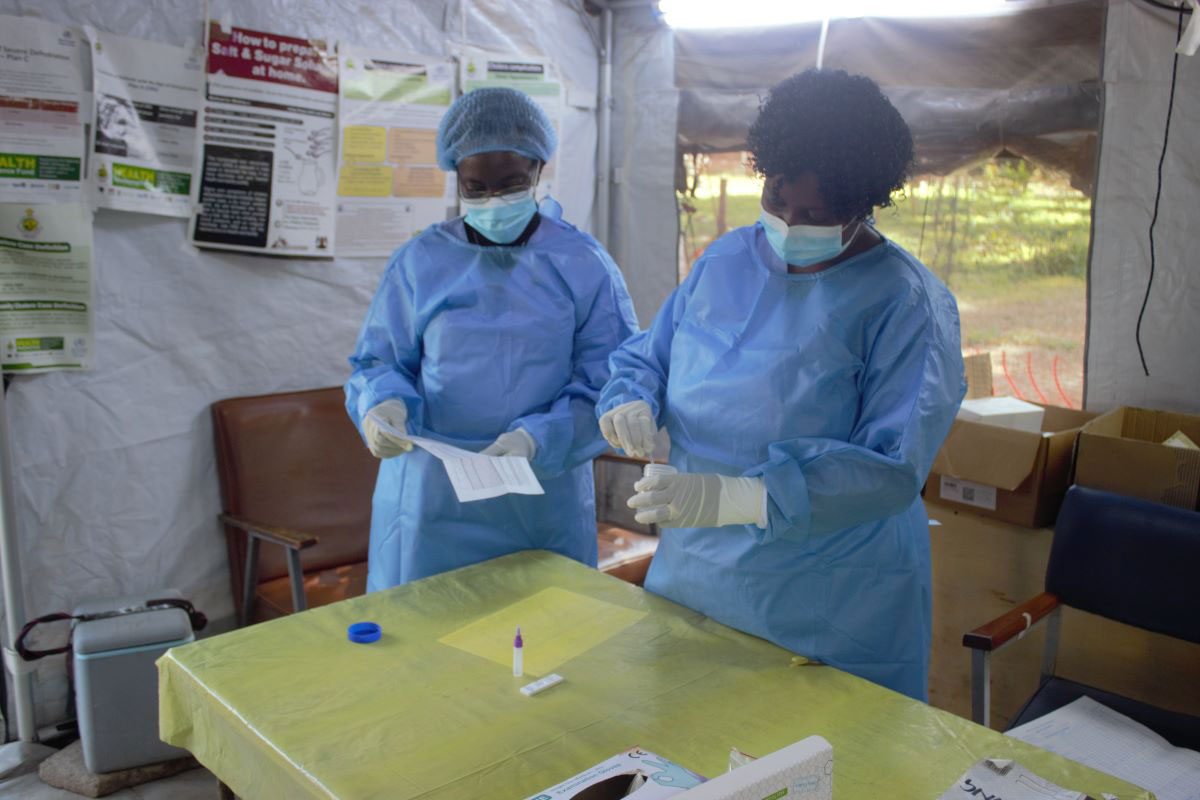
In the wake of a cholera outbreak that has ravaged both rural and urban communities, Zimbabwe health workers say new cholera rapid diagnostic tests (RDTs) are proving to be a game-changer.
The introduction of cholera RDTs in Zimbabwe is part of a global initiative spearheaded by Gavi, UNICEF, the World Health Organization and FIND, and will see over 1.2 million tests being distributed to 15 high-risk countries.
Previously overwhelmed by the demands of traditional cholera testing, health professionals across Zimbabwe say their workload has been reduced. After kits arrived in Harare in April, the use of RDTs is now in full swing across the country.
"The introduction of the RDTs has allowed us to diagnose suspected cholera cases within minutes. In the past we would wait for lab test results to determine whether a patient is negative or positive. The kits have helped in the containment of the disease," said Anasia Mutero, a senior nurse at a rural clinic in Buhera district, the epicentre of the 2023–2024 cholera outbreak.
Stephen Sithole, another nurse in the district, echoed Mutero’s assertions. "We can now test patients immediately and after 15 minutes the results will show if they are positive. We then take the correct action, saving time, and also life. The test kits have significantly improved health outcomes," said Sithole.
Kits in action
A practical demonstration at Harare’s Beatrice Infectious Disease hospital showed the swiftness of the tests.
"Running a cholera rapid diagnostic test is relatively straightforward. The first thing is collecting a stool sample from the patient, which is then mixed with a buffer solution provided in the test kit. Drops from the mixture are added to the test strip and left undisturbed for about 15–20 minutes.
“During this time, the sample travels up the strip. If cholera bacteria are present, specific antibodies on the strip will react and produce a visible line, indicating a positive result. The whole process typically takes about 20–30 minutes from sample collection to result reading," said Sister-in-Charge Priscilla Chizema during the demonstration.
Saving lives, curbing spread
"Without a shred of doubt, the kits have helped not only in saving lives, but also control of the spread of cholera, as patients can quickly get treatment once detected. Identifying possible cholera cases has significantly reduced the potential for outbreaks," said Dr Collins Muchemwa, a physician at Harare Central hospital.
Director of Epidemiology and Disease Control and Neglected Tropical Diseases (NTD) in the Ministry of Health and Child Care Dr Isaac Phiri said the RDTs were a game-changer.
“We received 66,000 kits from the Vaccine Alliance [Gavi]. Prior to receiving the kits, nurses from districts and provincial hospitals across the country had undergone trainings. We want every nurse across the country to be trained. The kits are an important tool in the detection of cholera as we can quickly test for cholera in suspected cases and if the results are positive the patient is put under treatment,” said Dr Phiri.
Matron Shamiso Maturure echoed Dr Muchemwa’s sentiments, but emphasised that the kits’ ease of use makes them useful at the primary health level, where restricted technical skill might rule out the deployment of more sophisticated tools. “[The kits’] simplicity allows our ability to manage patients, reducing the burden on our resources. The RDTs meaningfully improved the capacity to respond to the disease, not only at major hospitals, but also at local clinics,” she said.
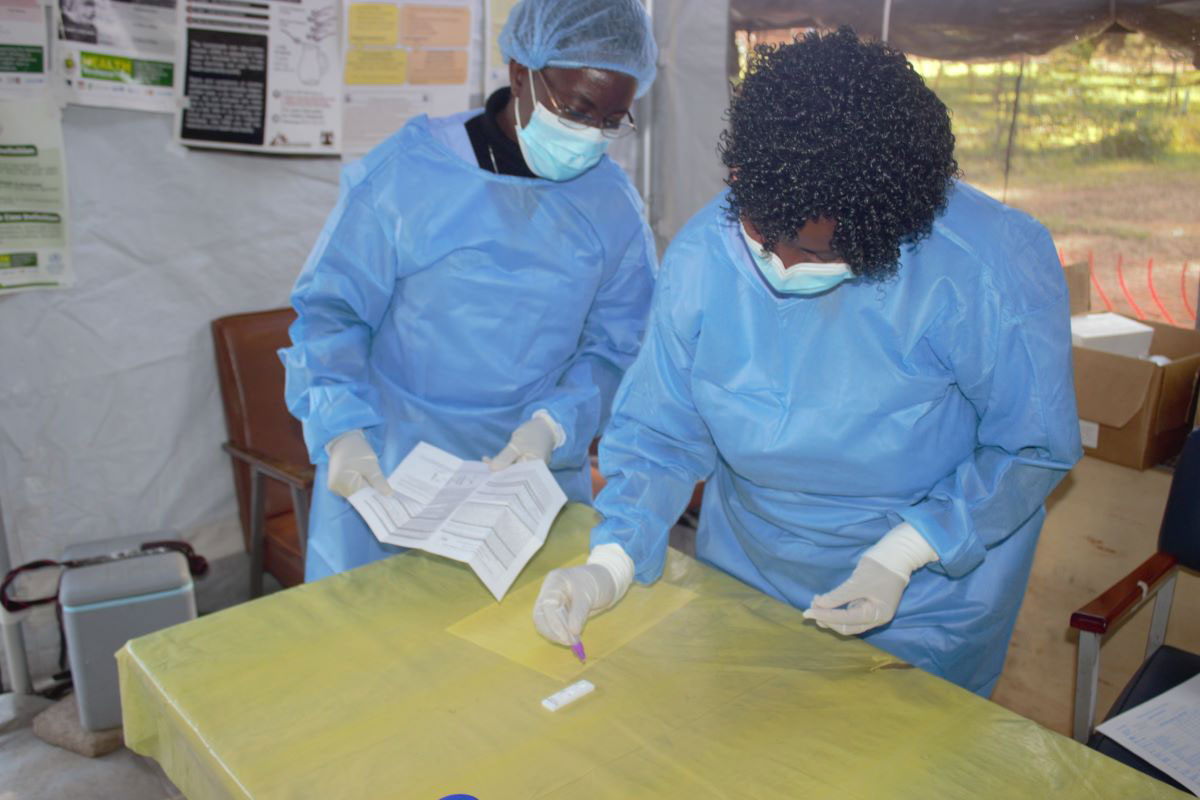
“We want every nurse trained”
Since early April, some 986 nurses and 44 laboratory personnel from provincial and district-level clinics have undergone training on the use of the test kits, supported by funding from partners including the Health Resilience Fund, the European Union, the UK, Ireland, Gavi and others.
Chiredzi District nurses Moses Ndaba and Evelyn Tavarwisa were among them. "It was really enlightening: the knowledge that we acquired assisted us in case management – something which we are practising at our stations. I want to believe that the trainings have helped a lot in containing the spread of cholera," said Ndaba.
“The training we received will go a long way in addressing the cholera-related issues. It equipped me with the knowledge and skills that we are implementing today. The results are there, and we have testimonies that the RDTs have lessened the burden of waiting for days for results,” said Tavarwisa.
Have you read?
According to WHO, prior to the recent arrival of new-generation RDTs, testing capabilities in the country were problematically limited.
"Between the [recent] outbreak’s onset in February 2023 and 18 January 2024, only 2,090 antigen RDTs and 2,250 culture tests were conducted across 10 health centers. Following the training, the number of antigens RDT tests skyrocketed to 9,853, a staggering 371% increase. Culture tests also saw a significant rise, reaching 6,386, reflecting a 184% increase
That growth signifies a fourfold increase in testing accessibility in rural facilities, WHO went on to point out. Empowering nurses to carry out the testing has freed up the time of more specialised laboratory workers.
More than 20,000 suspected cholera cases and more than 400 confirmed deaths were recorded since the detection of the first cholera cases in Zimbabwe last year.
A government-led cholera response, with support from development partners, was rolled out with a focus to streamline response coordination at various levels. This included prevention and treatment interventions. In addition, the government embarked on a programme to provide safe water by drilling solar-powered boreholes in the most affected areas.
